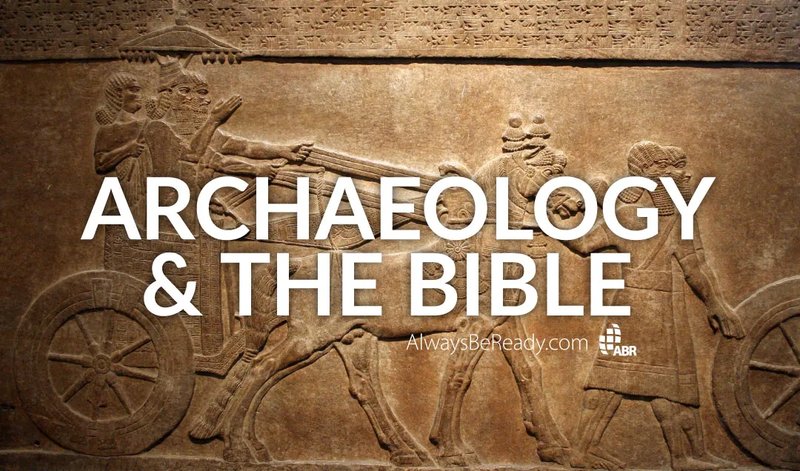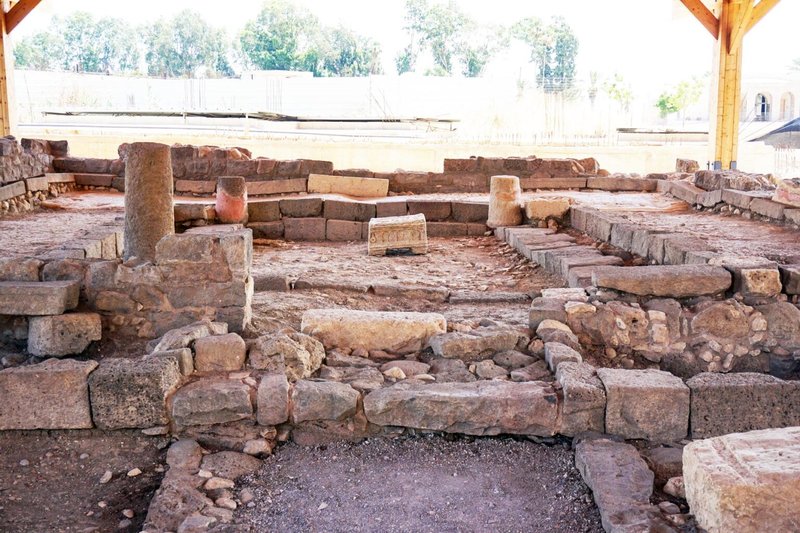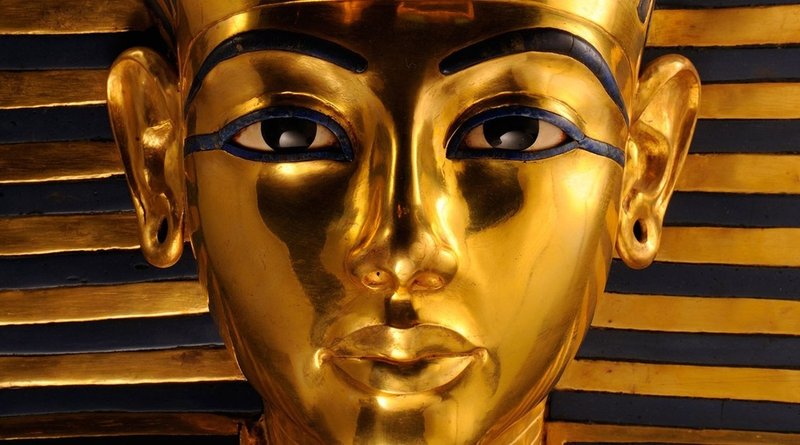· Apologetics > Apologetics Basics > History · 3 min read
Divine Insights: Unearthing Biblical Truths for Spiritual Growth
Explore the fascinating intersection of archaeology and the Bible, uncovering ancient artifacts and discoveries that shed light on biblical narratives. Delve into the rich history and compelling evidence linking archaeological findings to biblical events in this captivating article.

Archaeology and the Bible
Archaeology has long been seen as a friend of the Bible, with numerous discoveries providing support for the biblical record. While there are some archaeological findings that may seem to contradict the Bible, it is important to remember that archaeologists are human and subject to limitations, biases, and errors in their interpretations.
One example of how archaeology has supported the Bible is the discovery of the Tel Dan Stela. Prior to this find, many secular archaeologists doubted the existence of King David, considering him a legendary figure similar to King Arthur. However, the Tel Dan Stela, a basalt stone dating from the 9th century BC, bears David’s name and identifies him as the king of Israel. This discovery demonstrated that the Bible’s references to David were accurate all along.
Numerous other archaeological discoveries have also substantiated events and people mentioned in the Bible. For instance, evidence has been found for Egypt’s invasion of Israel, the Assyrian siege of Lachish, trade relations between Israel and Sheba, the Babylonian conquest of Jerusalem, and the reigns of various kings mentioned in 1 and 2 Kings.
The Dead Sea Scrolls, discovered in 1947, provide further confirmation of the reliability of the Bible’s manuscripts. These scrolls contain ancient copies of biblical texts and demonstrate that the transmission of the biblical text has been remarkably accurate over time.
It is important to note that while archaeology can provide evidence supporting the biblical account, it cannot scientifically prove the truth of the Bible to skeptics. Our faith in God’s Word should not be troubled by theories put forth by humans. God is the author of history, and we can trust that His record of history is accurate.
Why This Matters
Understanding how archaeology relates to the Bible is important for Christians because it helps to strengthen our faith in God’s Word. When we see archaeological discoveries aligning with the biblical account, it confirms the historical accuracy of the Bible and provides us with tangible evidence for our beliefs. This can be especially valuable when engaging with skeptics or those who question the reliability of the Bible.
Think About It
- How does the discovery of the Tel Dan Stela highlight the limitations of secular archaeologists and their biases?
- Why is it significant that archaeological findings have confirmed events and people mentioned in the Bible? How does this impact our understanding of biblical history?
- Reflect on the importance of the Dead Sea Scrolls in bolstering our confidence in the accuracy of the biblical manuscripts. How does this affect our understanding of the transmission of biblical texts over time?
In conclusion, archaeology and the Bible have a strong relationship, with archaeological discoveries often supporting and confirming the biblical record. While archaeology cannot scientifically prove the Bible’s truth, it provides valuable evidence that strengthens our faith in God’s Word. As Christians, we should remain patient and confident in the reliability of the Bible’s historical accounts, knowing that archaeology will continue to uncover more external evidence that substantiates its truthfulness.



